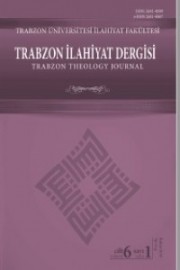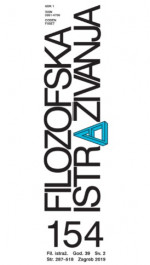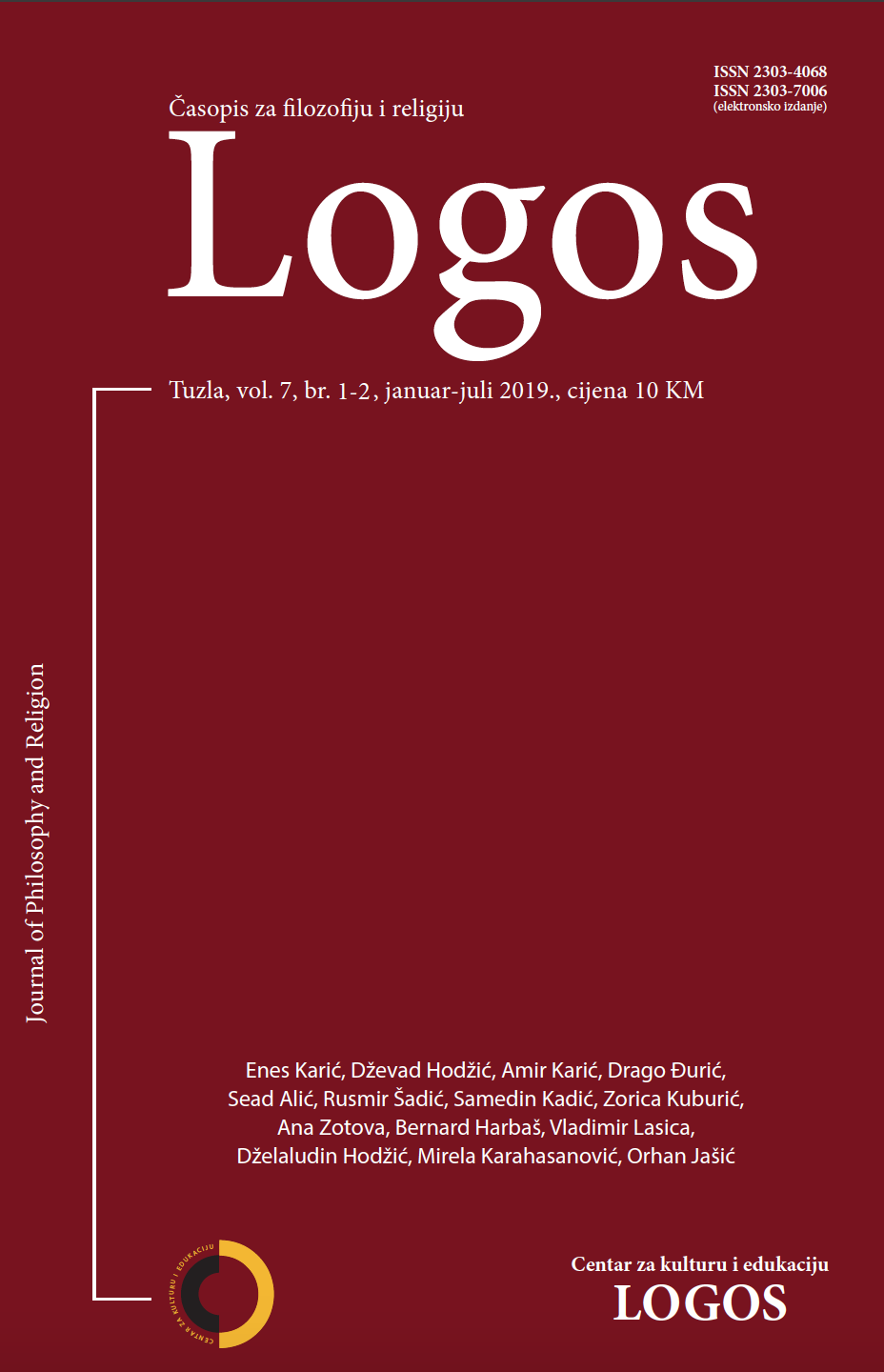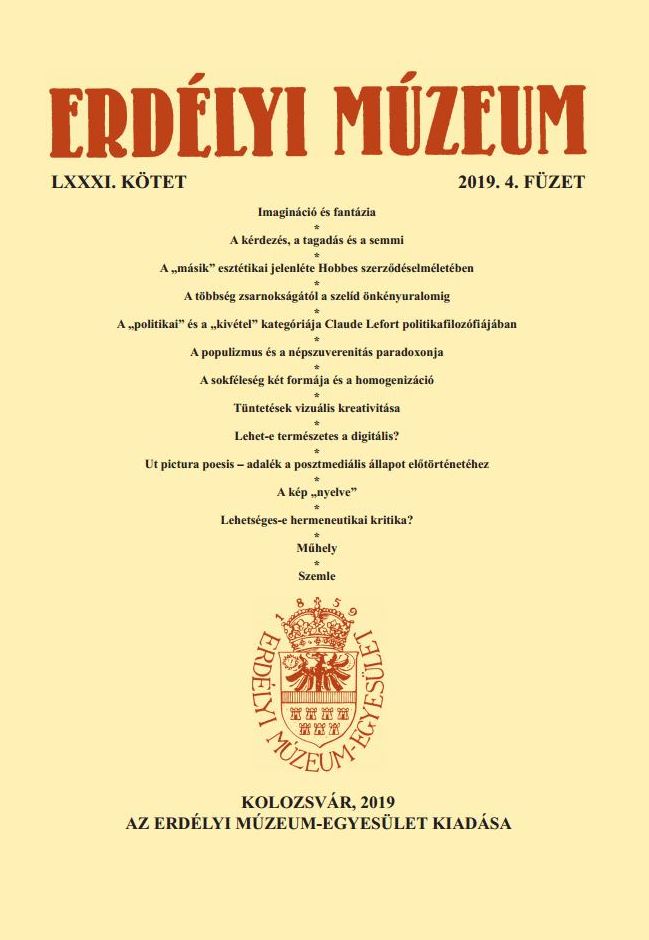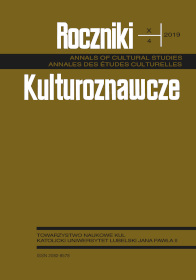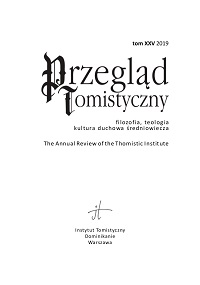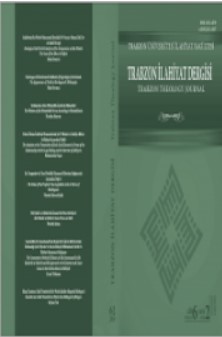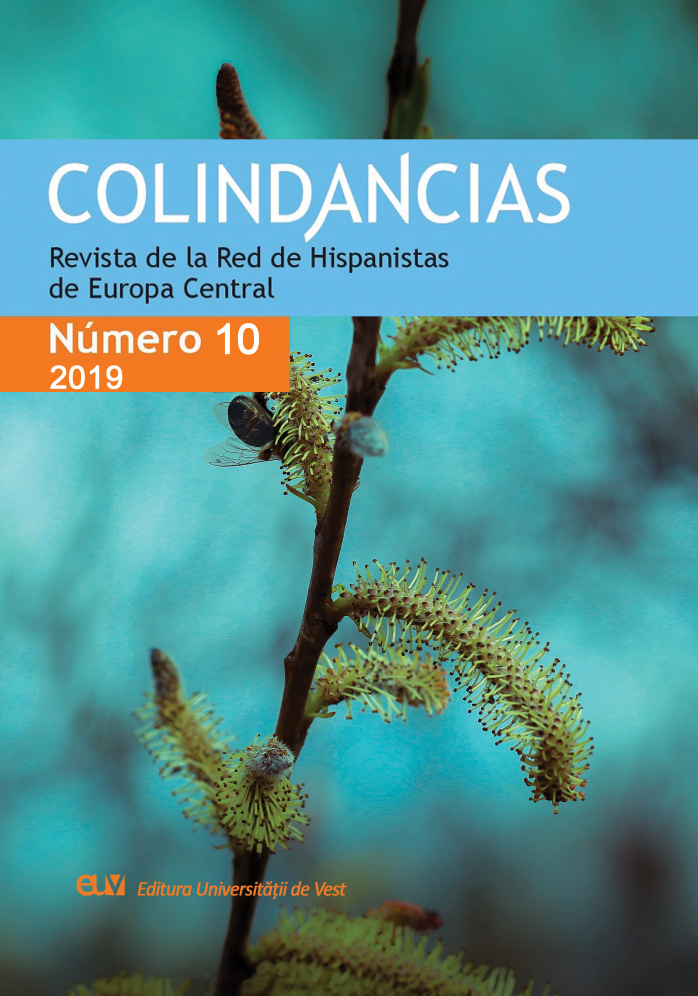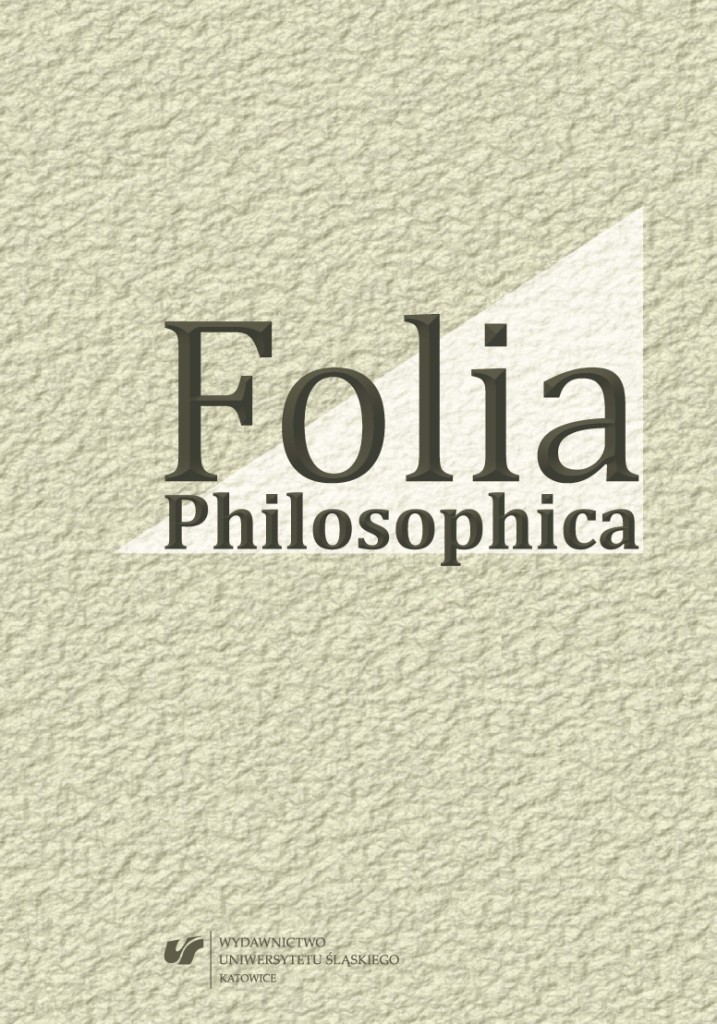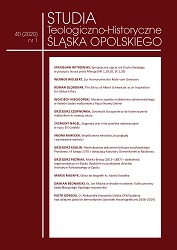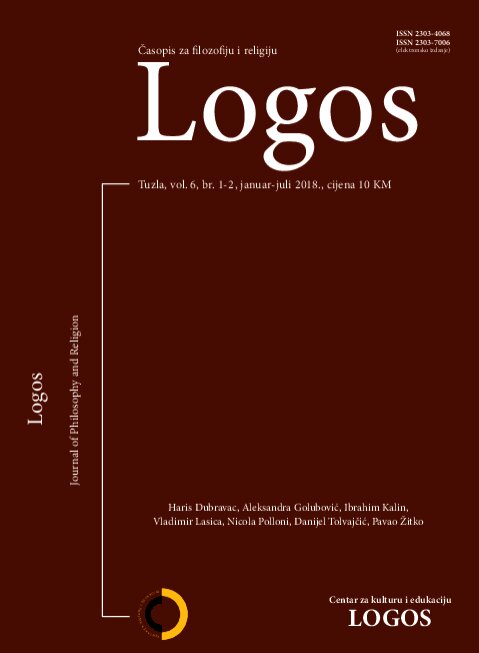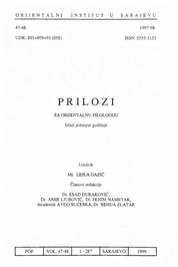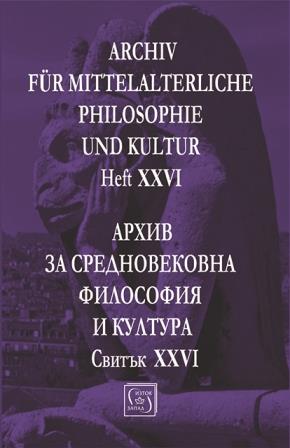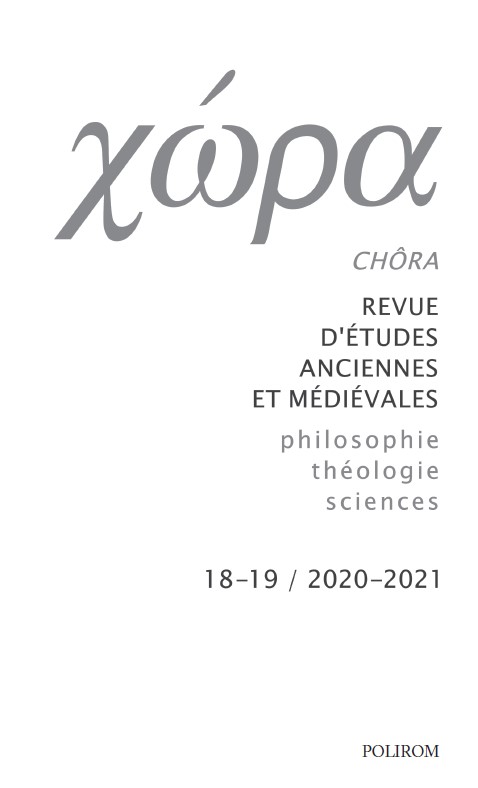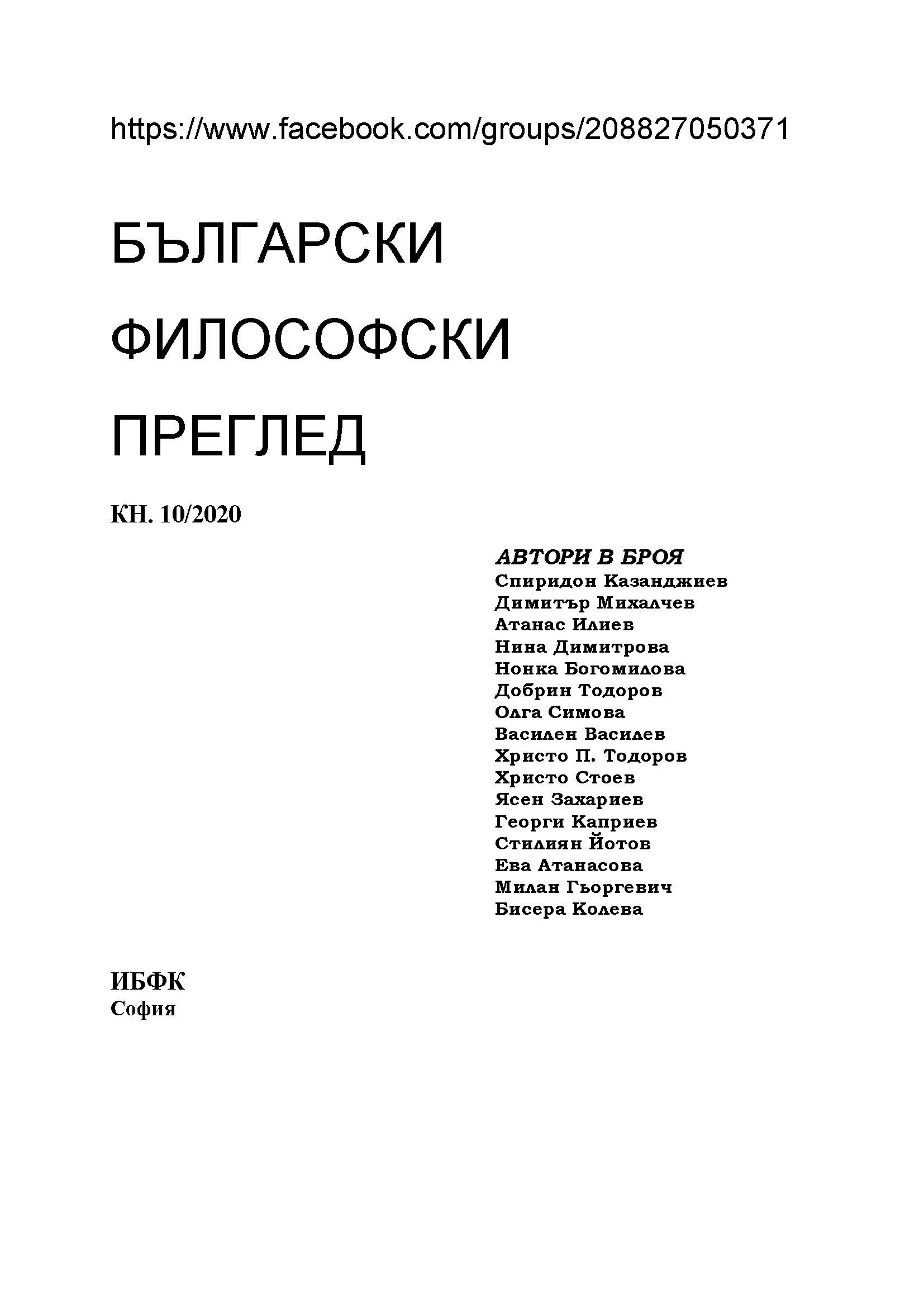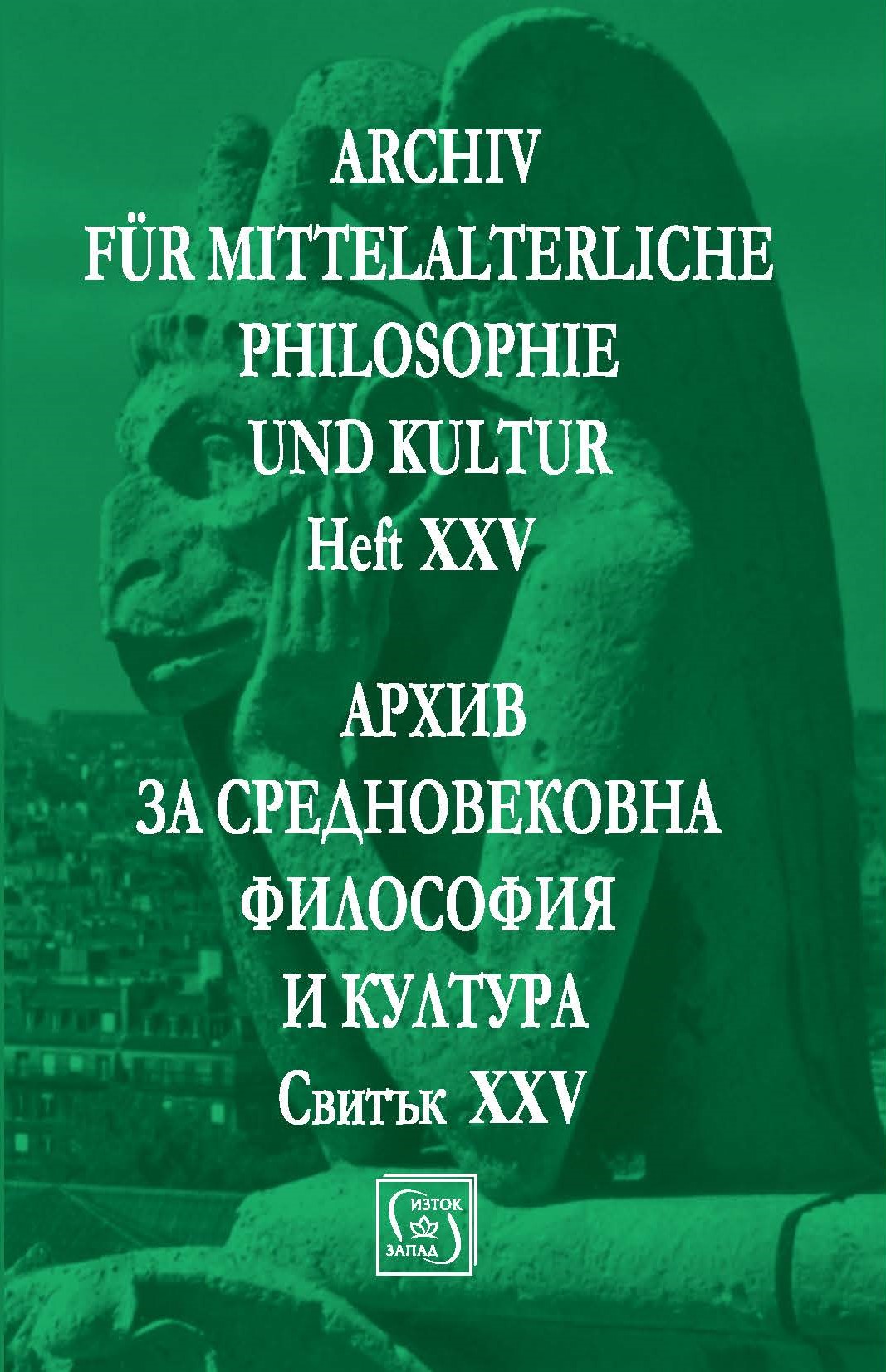
Августин срещу скептицизма на Новата Академия
This article describes the basic dialectical arguments of Christian philosopher and theologian Aure among the scepticism of the New Academy. The arguments set forth in the Dialogue Contra Academicos set the basics on which later Augustinus will build the fundaments of the gnosiological procedures. Special accent is putted on the question of the existence of truth, and on its comprehensibility by the reason, despite of the possible flaws and misunderstandings. This process is exacerbated by the elevation to the intelligence in which one realizes his being and where the truth itself resides. Showing the absurd of the academic scepticism, Augustinus demonstrates the possibility of realizing the truth through the correctness of the logical and mathematic laws. Turning the arguments in contra arguments, he finds certainty in the sceptical doubt that comes from the captaincy in his own existence. In that way, through the speculative form of Neoplatonic thought, Augustinus oppose both the scepticism and the Stoic philosophy setting the fundaments of a new direction in the philosophical thought.
More...
